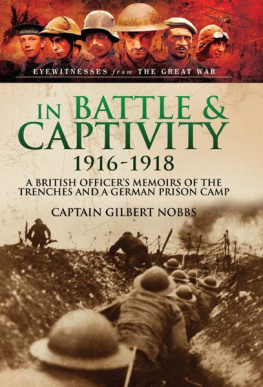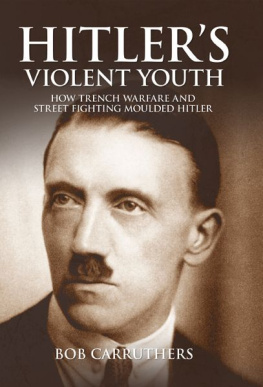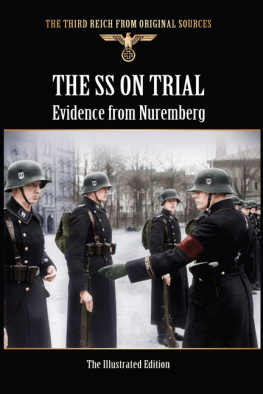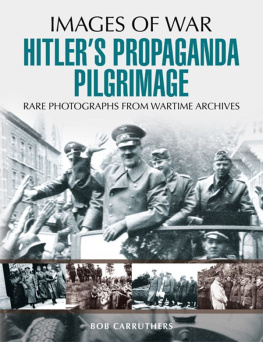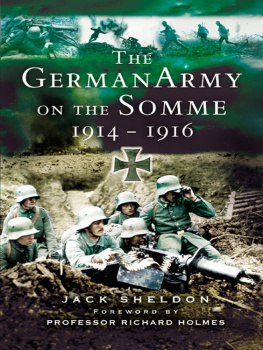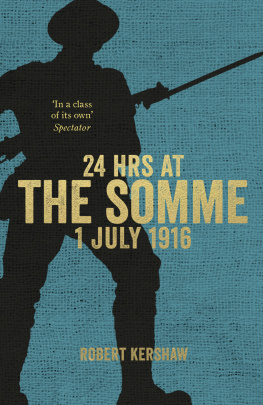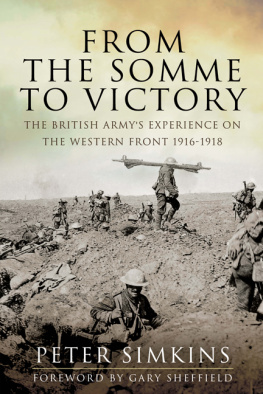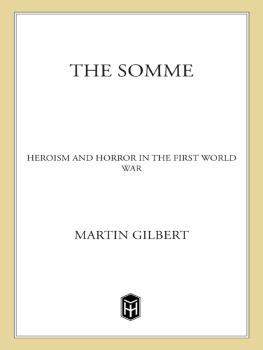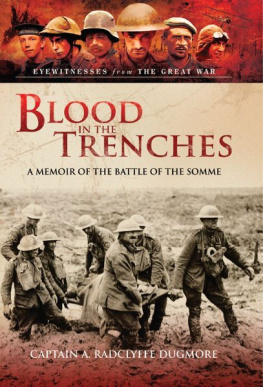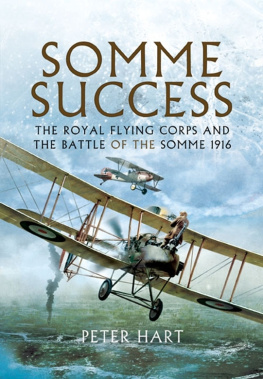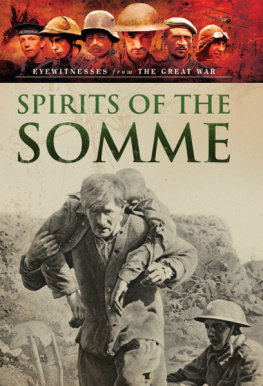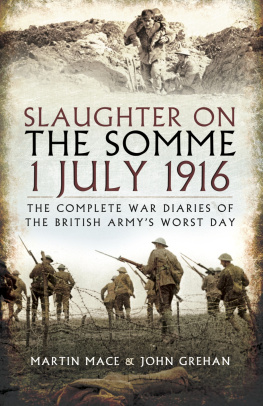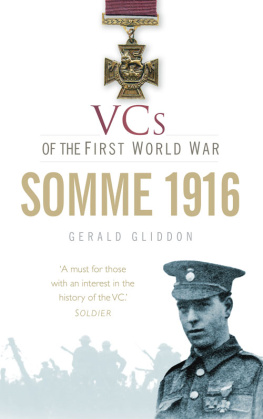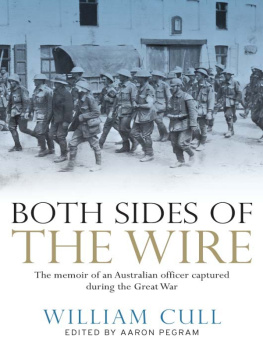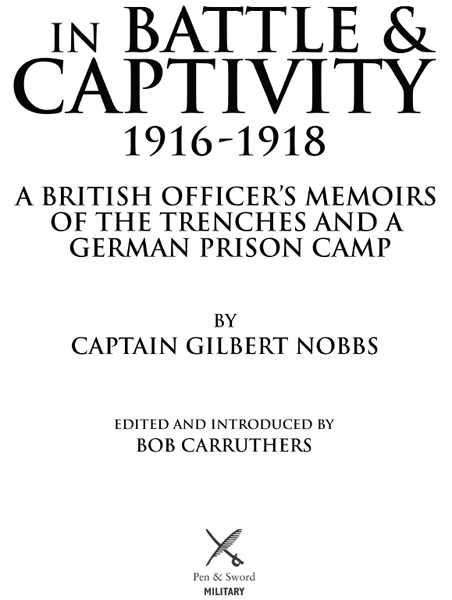
This edition published in 2014 by
Pen & Sword Military
An imprint of
Pen & Sword Books Ltd
47 Church Street
Barnsley
South Yorkshire
S70 2AS
This book was first published as On the Right of the British Line
by Charles Scribners Sons, New York, 1917.
Copyright Coda Books Ltd.
Published under licence by Pen & Sword Books Ltd.
ISBN: 9781783463121
EPUB ISBN: 9781473850491
PRC ISBN: 9781473850569
A CIP catalogue record for this book is available from the British Library
All rights reserved. No part of this book may be reproduced or transmitted in any form or by
any means, electronic or mechanical including photocopying, recording or by any information
storage and retrieval system, without permission from the Publisher in writing.
Printed and bound in England
By CPI Group (UK) Ltd, Croydon, CR0 4YY
Pen & Sword Books Ltd incorporates the imprints of Pen & Sword Aviation, Pen & Sword
Family History, Pen & Sword Maritime, Pen & Sword Military, Pen & Sword Discovery, Pen
& Sword Politics, Pen & Sword Atlas, Pen & Sword Archaeology, Wharncliffe Local History,
Wharncliffe True Crime, Wharncliffe Transport, Pen & Sword Select, Pen & Sword Military
Classics, Leo Cooper, The Praetorian Press, Claymore Press, Remember When, Seaforth
Publishing and Frontline Publishing
For a complete list of Pen & Sword titles please contact
PEN & SWORD BOOKS LIMITED
47 Church Street, Barnsley, South Yorkshire, S70 2AS, England
E-mail:
Website: www.pen-and-sword.co.uk
CONTENTS
INTRODUCTION
O RIGINALLY PUBLISHED IN 1917 as On the Right of the British Line this is the extraordinary autobiographical account of Henry Gilbert Nobbs an inspirational man of surprising energy and one of lifes enduring monuments to the human spirit.
Henry Gilbert Nobbs was born in London in 1880, during the First World War, he served as a Captain in the London Rifle Brigade. In 1916 during the Somme Offensive, he led his company in an assault on the German trenches. In the close fighting he was shot through the head, and the bullet exited through his right eye, permanently blinding him. He lay in a shell-hole for two days, as the battle raged round him and woke up in a German hospital. After his wounds were treated he was sent to a POW camp. His next of kin had already been informed of his death and had received a telegram of condolences from Buckingham Palace, and it was a month before they learned the shocking truth. As a result of the severity of his injuries Captain Nobbs was repatriated to England where he composed this memoir of his experiences in the Great War.
He was sent to St. Dunstans Home for blinded servicemen, which he was rather dreading, but to his surprise he found the atmosphere to be cheerful. He told the story in later years of how at one formal dinner there, he had thrown himself on the man seated next to him and began tickling him, crying out Hullo, who do we have here then? A voice replied Derby - it was Lord Derby, Secretary of State for War.
Nobbs emigrated to Australia with his wife and family in 1919, and threw himself into work for the firm of Holbrooks (Australasia) Ltd. He became the Managing Director of the company, and travelled widely on its behalf. Nobbs was granted the Freedom of the City of London, and was presented to the King and Prime Minister Ramsay MacDonald. Despite his enormous handicap he transformed Holbrooks into one of the largest employers in Australia.
In Manly, he was associated with Manly Amateur Swimming Club for many years, being vice-president in 1922, and President of the Club from 1924 onwards. He was also a vice-president and keen follower of the Manly Rugby Union club. He was also chairman of the NSW Blinded Soldiers Association. He was awarded the OBE in the New Years Day Honours of 1951 for his years of service.
His publications included Rhymes and Reminiscences (1922); and, of course the volume you hold here, On the Right of the British Line, which provides a vivid portrait of his wartime experiences; and Blinded but Unbeaten (1950), inspirational stories of blind achievement. Henry Gilbert Nobbs lived to the age of 90 and died in 1970, 54 years after his death had first been reported.
B OB C ARRUTHERS
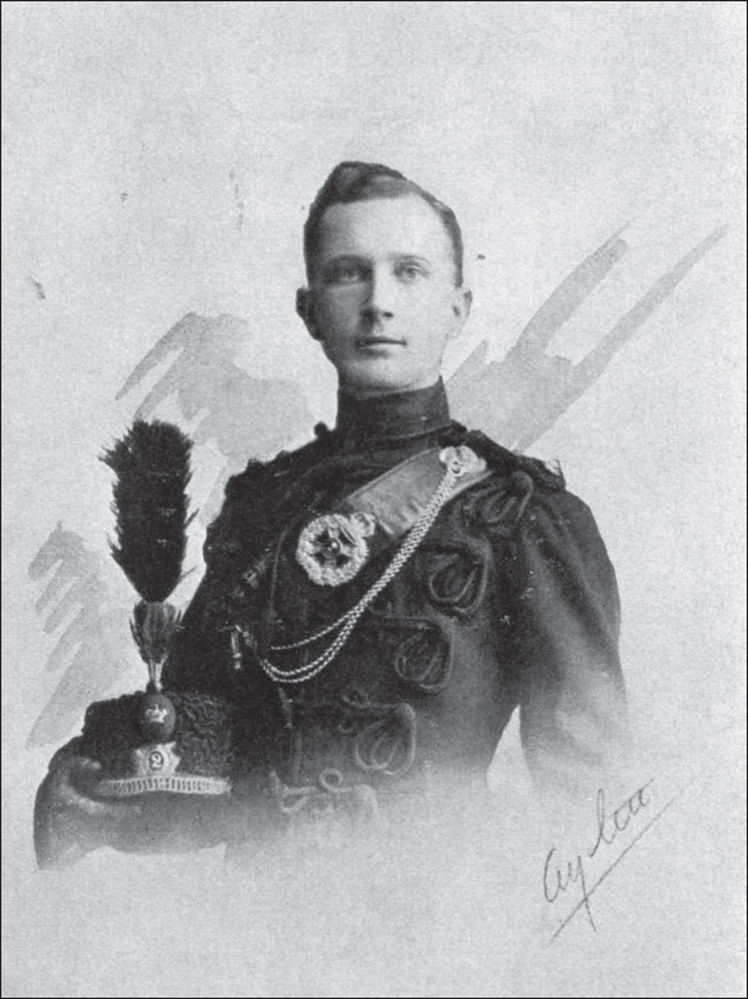
Captain Gilbert Nobbs.
PREFACE
T HIS IS MY first book. It is also my last, but I have a record to make and a duty to perform. I was five weeks on the firing line; four weeks mourned as dead; and three months a prisoner of war.
I have attempted to make a true record of all that happened. The names alone are fictitious (all except that of Saniez), for those days were too full of stirring events which will long live in my memory to need the aid of fiction. If I have dwelt at some length upon my experience in Germany, it is with the hope that the information may be of interest to those who have relatives and friends still in the hands of the enemy and burn to know the truth.
I do not deplore the loss of my sight, for I can say in all sincerity that I was never happier in my life than I am today.
G ILBERT N OBBS
BESIDES THE MAN WHO FIGHTS THERE IS THE WOMAN WHO WAITS, AND IN HUMBLE TRIBUTE TO HER SILENT HEROISM I DEDICATE THIS BOOK
CHAPTER I
FOVANT
ORDERLY ROOM OFF TO THE FRONT
T HE C.O. WANTS to see you.
What for? I asked.
I dont know, but he is in the orderly room.
It was the adjutant who was speaking, and his manner led me to think there was something in the wind which he did not like to tell me. I left the mess, and a few moments later I was standing before the C.O.
I have just received a telegram from the War Office; you are included in the next reinforcements for France.
I am glad, sir.
Youve only forty-eight hours notice. You are to report at Southampton at 4. P.M. the day after to-morrow.
Very good, sir.
Well, as your time is so short, you had better go home and get things ready. The adjutant will have your papers ready for you within half an hour.
Very good, sir.
The C.O. stood up, and in his cordial military manner, which seemed to take you straight from the orderly room into the mess, held out his hand to bid me good-bye.
There is quite a difference between a C.O. in the orderly room and a C.O. in the mess. I mean those C. O.s who are made of the right stuff, and our C.O. was certainly one of them.
In the orderly room his presence keeps you at arms length and makes you feel that you want to keep clicking your heels and coming to the salute. You are conscious of the terrible crime you would commit if you permitted your body to relax from the position of attention; your conversational powers are restricted; you fancy you have a voice at the back of your head, saying:
Dont argue, listen; digest, and get out.
Its a feeling which does not make the orderly room a very pleasant place to go to; yet you have an instinctive feeling of confidence.
The same C.O. in the mess, however, is a different man and creates quite a different atmosphere. In the orderly room he holds you from him; in the mess he pulls you to him. You have the feeling that you can sit in an armchair, with your feet on the coal-box, and talk to him round the corner of your newspaper, like the very ordinary human being he really is.
Well, good-bye, and good luck. We shook hands, I came to the salute, and the next moment I found myself once more outside the orderly room door.
Next page
